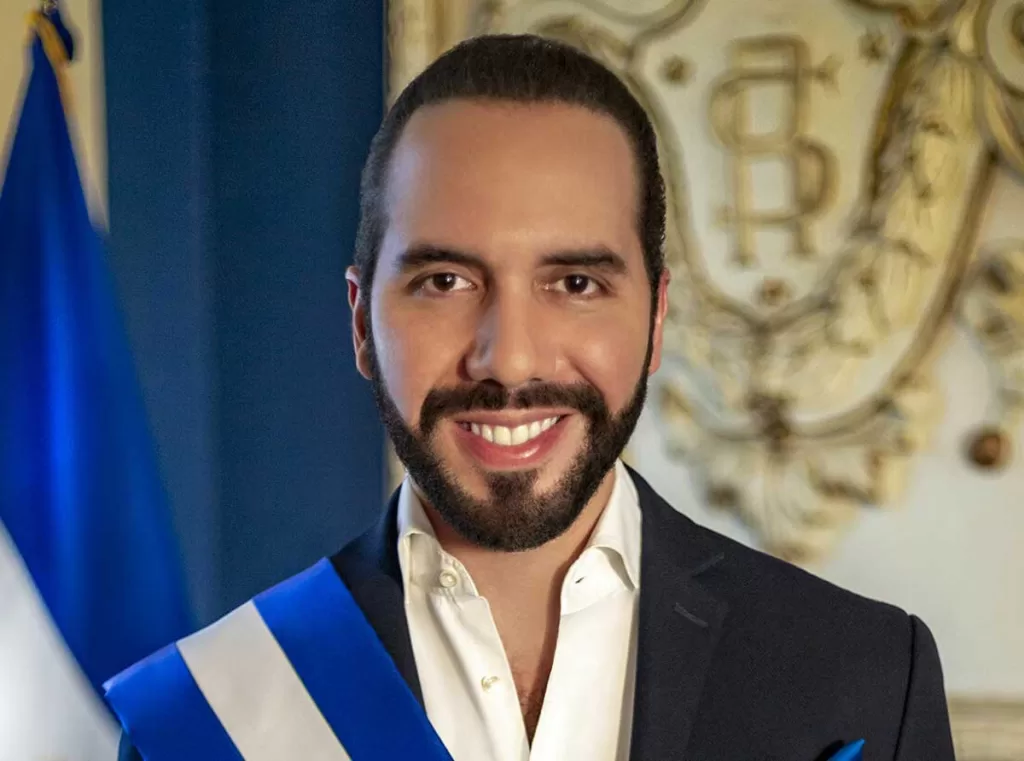During the 2022 Colombian elections a Dataexco opinion poll “asked Colombians if they would prefer a president like Bukele: 55% said yes.” Presidential candidate Rodolfo Hernandez publicly showed his admiration for Bukele, making a trip to El Salvador to “study Bukele’s policies firsthand.” Additionally, Hernandez, like Bukele, turned to social media influencers as part of his campaign strategy. In August of 2023, Ecuador held presidential elections in the shadow of violent crimes during the campaigning period, including the assassination of presidential candidate Fernando Villavicencio. Polling showed that Bukele was “twice as popular among Ecuadorians as any of their own politicians.” Among the candidates was Jan Topić, whose entire platform was focused on security and campaigned on the slogan “Ecuador Sin Miedo” (Ecuador without fear). Topić gained the nickname “The Ecuadorian Bukele” not only because he voiced his approval of Bukele’s policies but also due to Topic’s choice of dress, appearing to emulate Bukele with the same style of beard and leather jackets Bukele is known for. During the 2023 Guatemalan presidential election multiple candidates mentioned Bukele while campaigning. Sandra Torres, said that she “plans to implement President Bukele’s strategies…they are working.” Candidate Zury Rios has called Bukele’s security policy a “model” and has even praised his policies publicly on social media. These are only three country examples where candidates have mentioned or copied Bukele in their campaign.
2024 will hold multiple elections in Latin America and the Caribbean, including El Salvador’s on February 4th, with Panama, the Dominican Republic, Mexico, and Uruguay to follow. In countries where violence and security are a priority for citizens, political candidates could be more likely to associate themselves with Bukele and his policies in their campaign messaging due to his success in lowering violent crime and improving security while maintaining a high approval rating. Those with political ambitions hope to gain supporters by showing how they are similar to him. Previous years’ elections showed us the pattern of candidates involving Bukele, his policies, and his message into their campaigning. As we approach 2024 it is important to note how Salvadoran citizens cast their vote. Following the El Salvador elections, it will be interesting to watch what types of candidates and campaign messages resonate with citizens in Panama, he Dominican Republic, Mexico, and Uruguay and influence who they cast their vote for. Only when campaigning begins will we be able to observe if the Bukele effect continues during the 2024 elections.
